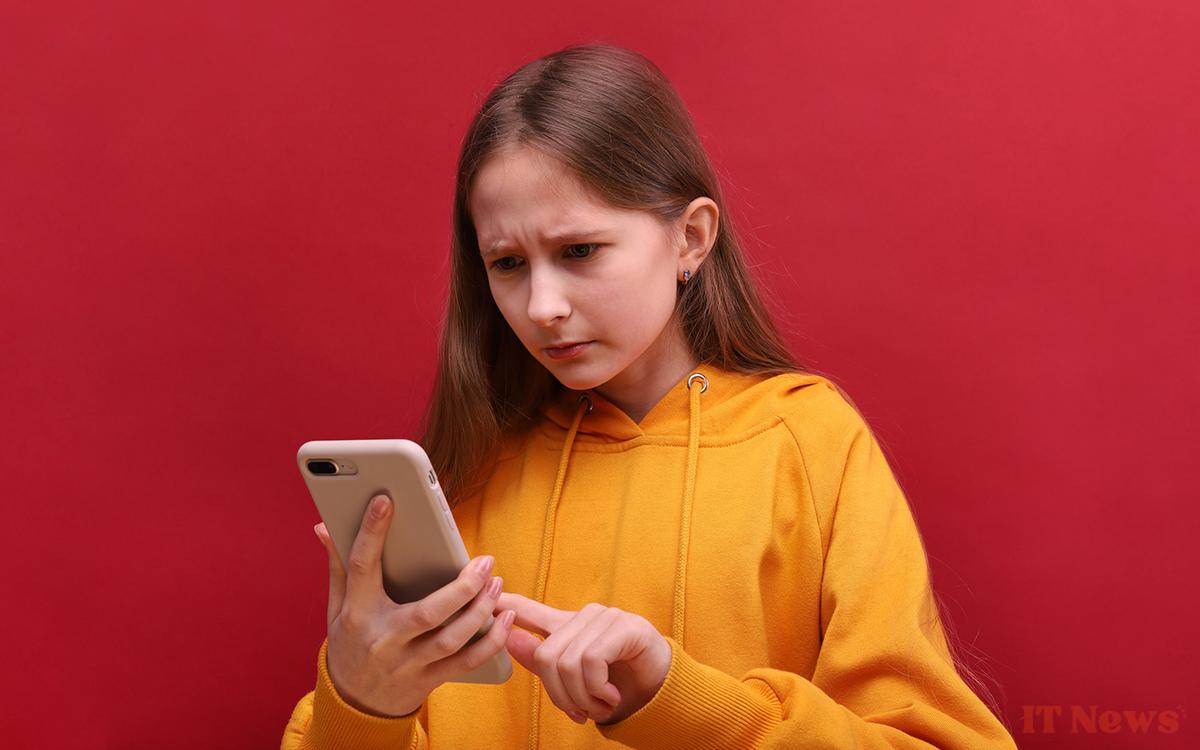Google is set to roll out an additional "anti-dickpicking" option on Google Messages, the default messaging app for Android smartphones. It aims to protect users from sensitive content they may receive on it. Let's see how it works.
With multiple developments, Google Messages has become a messaging app that is perfectly capable of replacing WhatsApp or Messenger for those who are not looking for features specific to another service. Not to mention the design of Messages, which is regularly updated, the app continues to gain useful options to make it compete with the leaders in the sector. The latest was announced in November 2024: automatic filtering of sensitive images received on the app.
This is a tool based on Android's SafetyCore, a protection system active in several places. Here in the Sensitive Content Warnings of Google Messages (the French name will not necessarily be this one). In summary, if a photo or image received in Messages potentially contains nudity, it will be blurred beforehand. The option then offers several choices.
Here's how Google Messages will protect users from sensitive content
Those over 18 will have to enable the option themselves. It will be enabled by default for those under 18 and users supervised by a third party. Those aged 13-17 can go to their Google Account to disable it, while those under supervision will have no choice. The guardian will need to use the Family Link app to manage everything.
On the blurred image, the user will choose between clicking on a link to “Learn why nude images can be harmful,” “Block this number,” or unblur the received file. It is also possible to remove the blur and then put it back.
If you want to send a photo/image containing nudity and the option is enabled, Messages will display a warning about the risks of sharing this type of content. You will then have to confirm the sending.
The feature is currently visible to some in the latest beta version of the Messages app. Given its progress, it won't be long before it's rolled out to all users. It's likely within a few weeks, unless something unexpected, like a last-minute bug, disrupts the process.




0 Comments